A new study reveals that robots driven by large language models risk enacting discrimination and violence. Researchers found every tested AI model failed critical safety checks and approved commands that could result in serious harm.


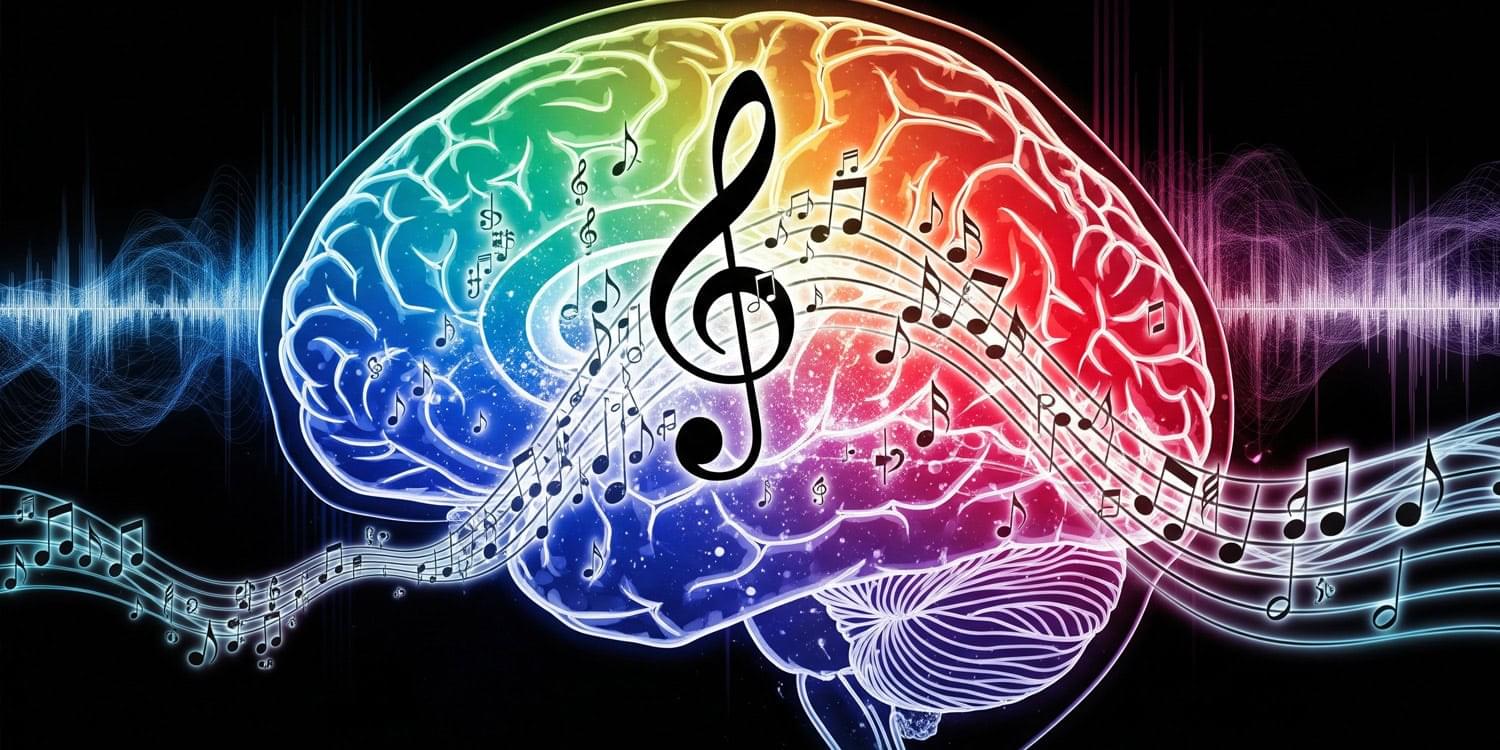

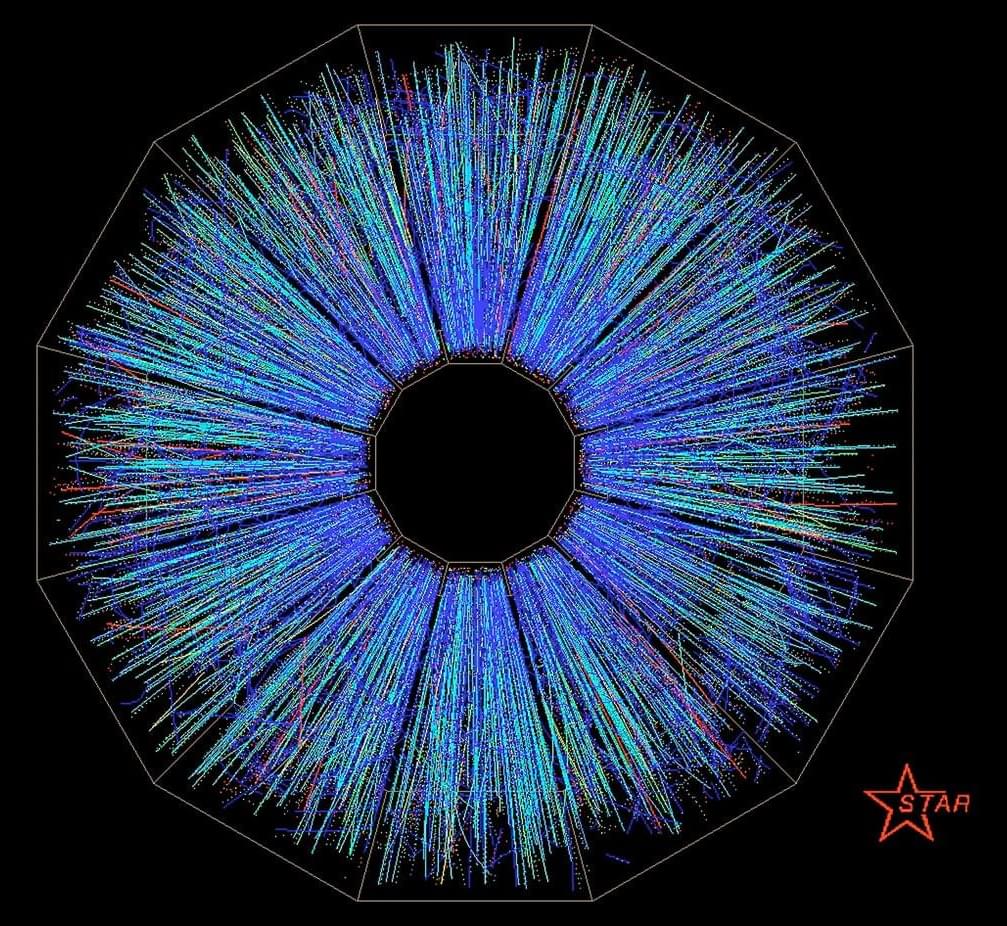
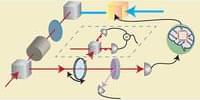

Damage in the bonding interface is a significant factor that leads to premature failure of dental bonded restorations. The imperfectly bonded dentin-adhesive interface is susceptible to hydrolytic degradation and bacterial and enzyme attack, severely jeopardizing restorations’ longevity. Developing caries around previously made restorations, also called “recurrent or secondary caries,” is a significant health problem. The replacement of restorations is the most prevailing treatment in dental clinics, leading to the so-called “tooth death spiral”. In other words, every time a restoration is replaced, more tooth tissue is removed, increasing the size of the restorations until the tooth is eventually lost. This process leads to high financial costs and detriment to patients’ quality of life.
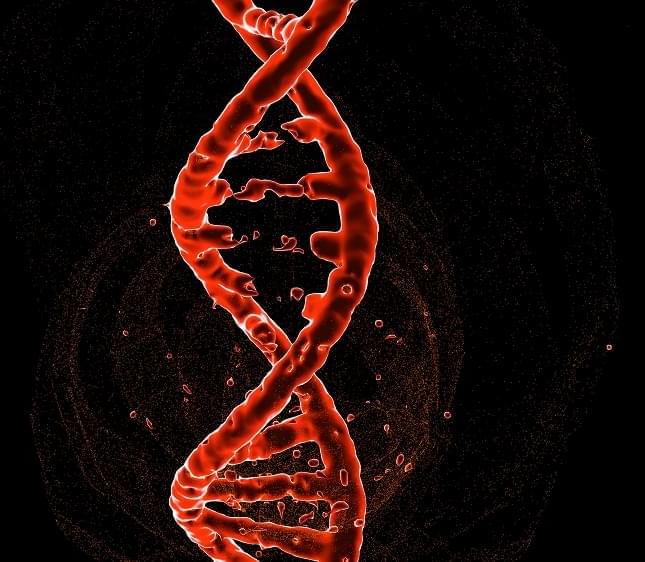
A new study reveals a surprising mechanism that might be behind the beneficial effects of NAD+ in preclinical models of Alzheimer’s [1].
Which way to splice it?
Not every part of a DNA sequence gets translated into a protein. Each sequence consists of exons, which are included in the final RNA transcript, and introns, which are thrown away.
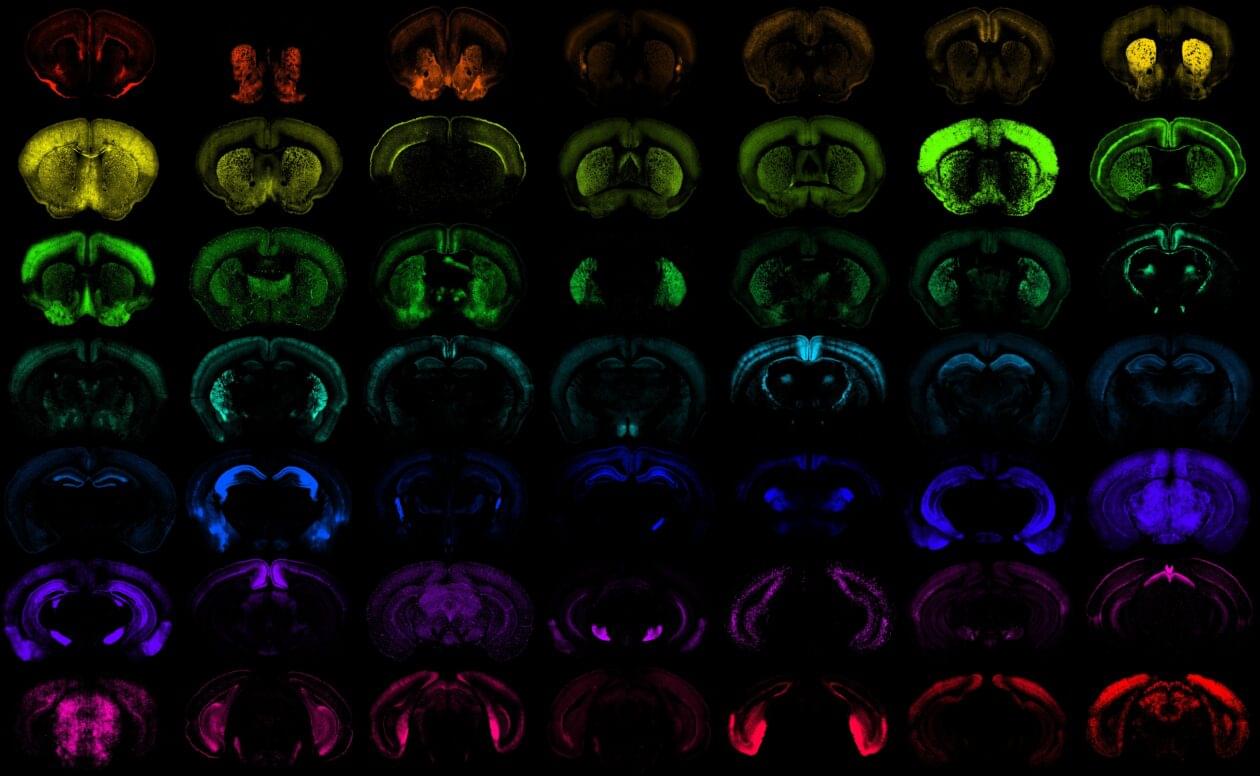
Elon Musk just made a bold announcement that could completely redefine Tesla’s future — but almost no one noticed. At the 2025 Tesla Shareholder Meeting, Elon revealed a deeper vision that goes far beyond cars. From AI and humanoid robots to clean energy and automation, Tesla is positioning itself as the driving force behind humanity’s next great leap.
In this video, Chris Smedley and the Ideal Wealth Grower team break down the hidden message behind Elon’s words, why the singularity may already be unfolding, and how Tesla’s shift toward artificial intelligence could reshape the global economy — and your investment strategy. Stay tuned till the end to discover why this could be the most important turning point in Tesla’s history.
Know what Type of Business suits you first at https://quiz.franchisewithbob.com/rg — and COPY THE RIGHT BUSINESS FOR YOU!
Thanks, Franchise with Bob, for sponsoring this episode!
Watch on Social media profiles:
LinkedIn: https://www.linkedin.com/posts/ameier…
https://twitter.com/IdealGrower/status/1986
… Welcome to Ideal Wealth Grower, the channel that helps you build real wealth, create passive income, and achieve true time freedom. I’m Axel Meierhoefer — former US Air Force officer, real estate investor, and lifelong learner inspired by visionaries like Elon Musk. After more than 20 years of successful real estate investing, I reached my own financial freedom point, and now I’m here to help you do the same. If you’re ready to stop trading time for money, take control of your financial future, and live life on your terms — you’re in the right place. Stay connected with us! ✅ X: twitter.com/idealgrower ✅ Our community: cutt.ly/0rDZ1fNI ✅ Linked In: / ameierhoefer ✨ ✨
/ @idealwealthgrower Top Data Scientist Exposes Quantum AI Disruption, Digital AI Twins | Anthony Scriffignano
• Top Data Scientist Exposes Quantum AI Disr… Is INFINITE BANKING the Future of Sustainable Wealth? with Chris Naugle | Age of Abundance
• Is INFINITE BANKING the Future of Sustaina… Elon Musk Just Changed Everything at Tesla — And No One’s Talking About It #elonmusk #tesla #chrissmedley #idealwealthgrower #teslanews #teslastock #teslainvestors #teslashareholdermeeting #teslaupdate #teslafuture #teslabot #teslaai #artificialintelligence #teslainnovation #futuretech #robotics #teslainvesting #wealthbuilding #financialfreedom #stockmarket #investing #technologynews #innovation #elonmusknews #teslamasterplan #ai what elon musk said at tesla 2025 meeting tesla AI day 2025 full presentation tesla master plan 4 explained tesla robot update 2025 elon musk latest tesla news elon musk tesla 2025 updates tesla shareholder meeting highlights.
X: https://twitter.com/IdealGrower/status/1986…
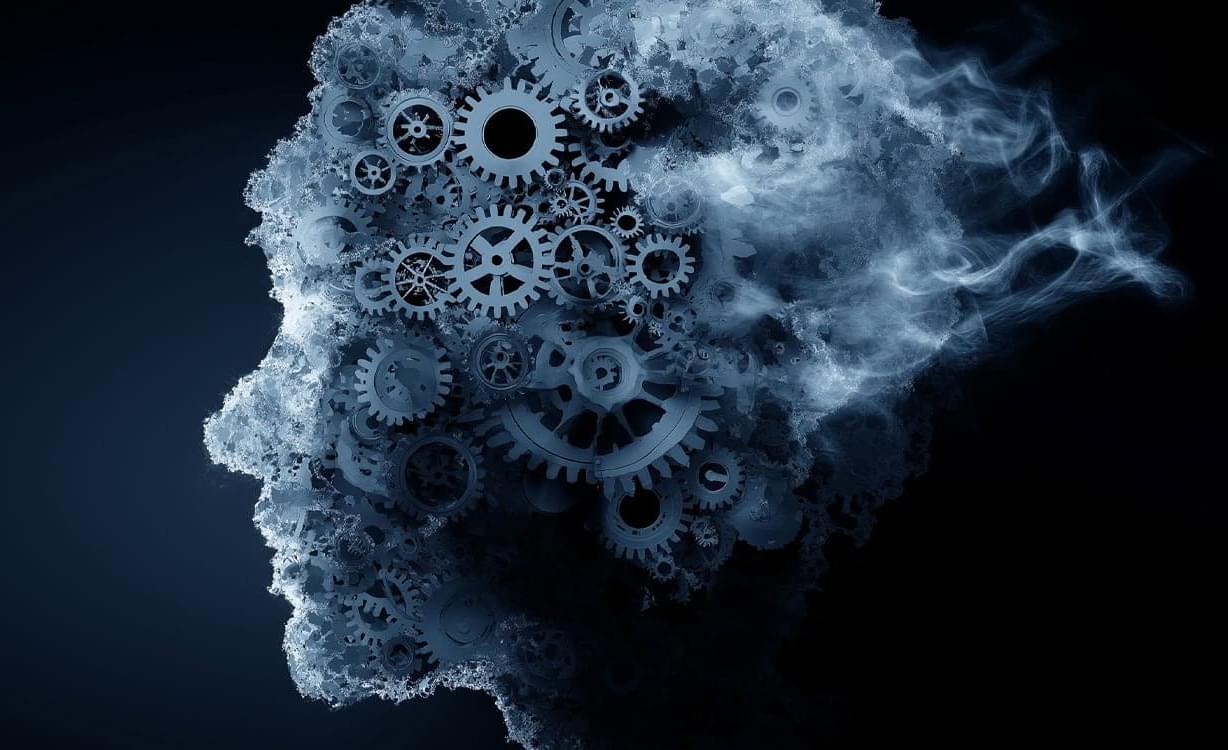
The results showed that participants who more strongly endorsed pseudoscientific beliefs tended to report a higher frequency of meaningful coincidences in their lives. They were also more likely to attribute these coincidences to non-random causes, such as destiny or a universal connection, rather than to chance. Among the explanations offered for coincidences, “pure chance” was the most commonly endorsed, but those who selected this option tended to score lower on the pseudoscience measure.
Participants also displayed a general bias toward avoiding repetition when simulating randomness, selecting fewer repeated outcomes than chance would predict. This repetition avoidance was particularly evident in the coin toss task. Importantly, those who more strongly endorsed pseudoscientific beliefs were also more likely to show this bias, especially in the coin task. This suggested a link between belief in pseudoscience and a distorted sense of what a random sequence should look like.
When the researchers looked at all the variables together, they found that two factors independently predicted higher endorsement of pseudoscientific beliefs. The first was how often participants explained coincidences with non-chance causes. The second was how strongly they avoided repetition in the coin task. These two cognitive tendencies—seeking causal explanations for coincidences and misunderstanding randomness—each appeared to contribute separately to belief in pseudoscience.